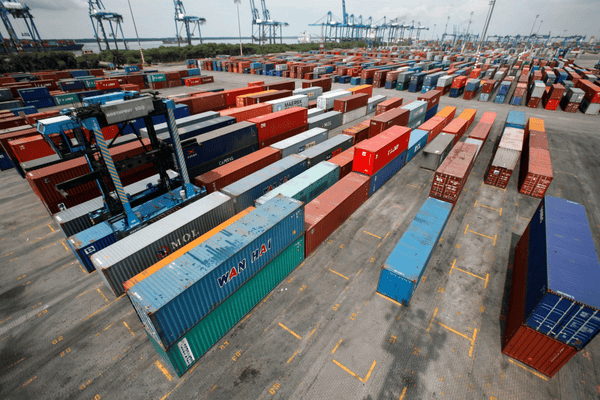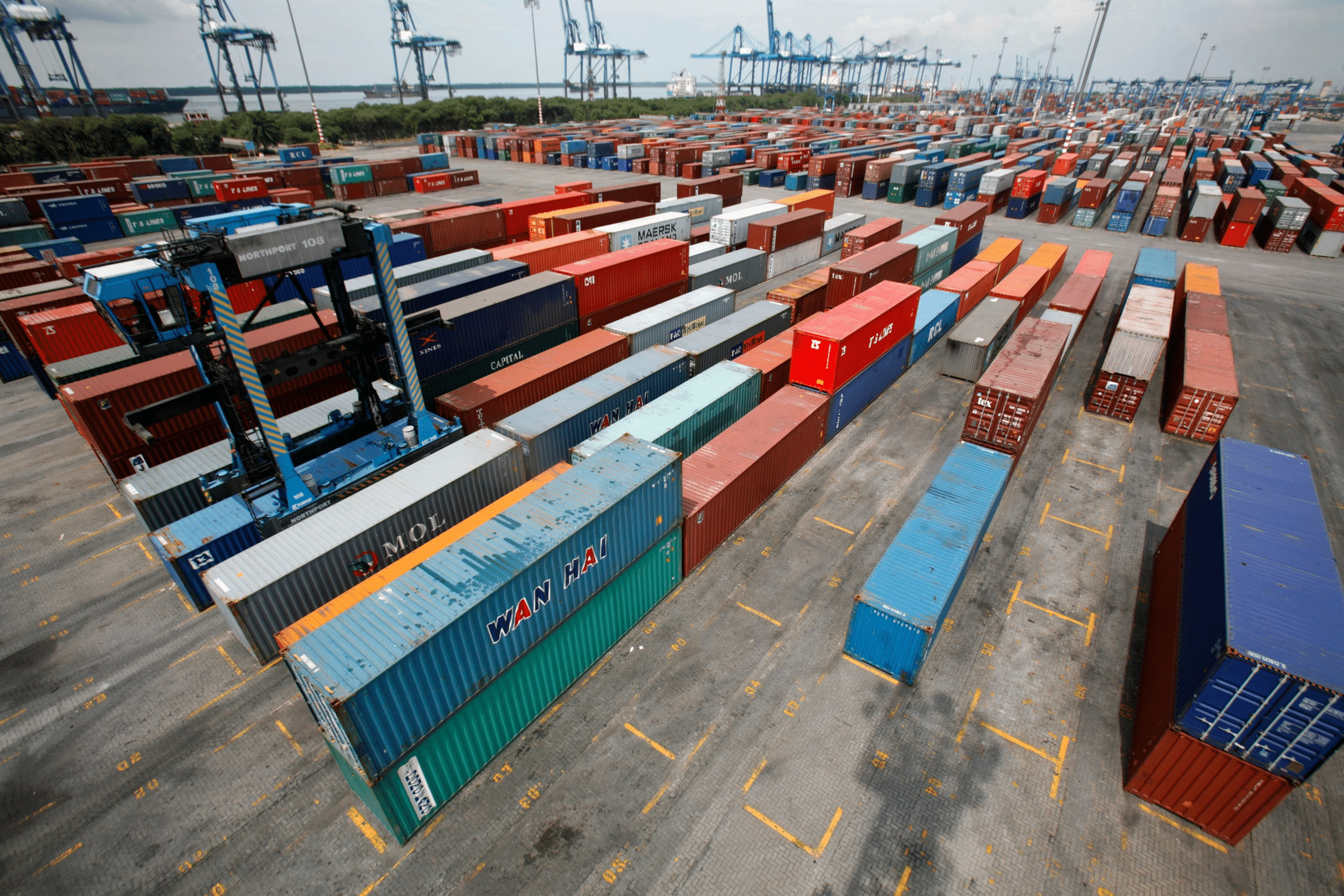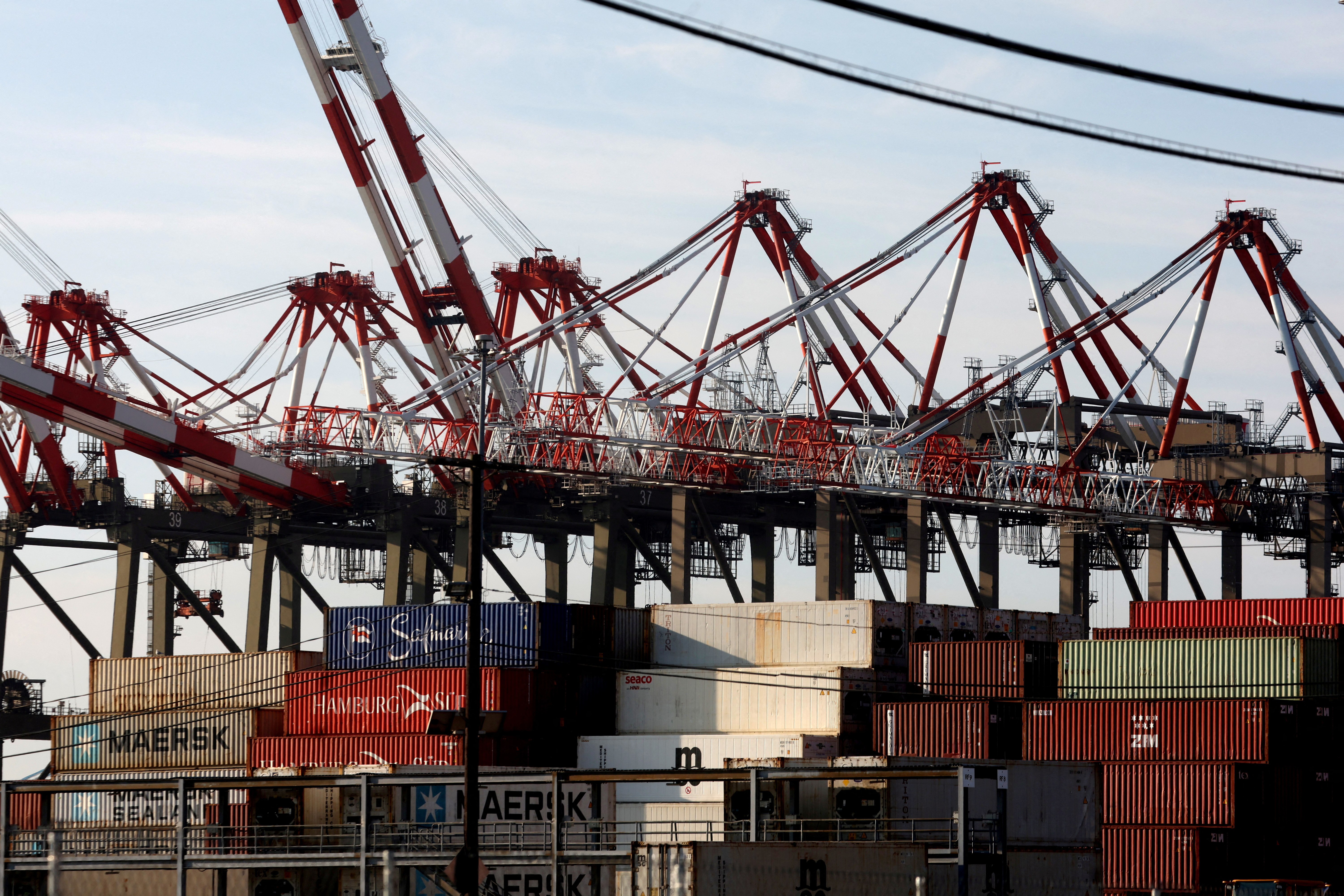SHAH ALAM, Aug 8 — The implementation of new tariffs by the United States (US) on several of Malaysia’s key export products is expected to impact local companies’ operating costs and their ability to retain workers, particularly in the electrical and electronics (E&E) sector.
Universiti Putra Malaysia's School of Business and Economics' Deputy Dean of Research Prof Normaz Wana Ismail said that although the newly imposed rate of 19 per cent is lower than the previous 25 per cent, it still poses a challenge to the competitiveness of Malaysian exports.
“Tariffs are taxes on imported goods. Therefore, they represent a trade cost that burdens any company engaged in international commerce.

“While we note a slight reduction post-tariff adjustment, it is still not something to celebrate, as 19 per cent is still relatively high in my view,” she told Media Selangor.
Normaz said that rising costs could impact profits, investments, and operations, particularly if demand for Malaysian goods in the US begins to decline.
“For example, in the United States, the price of imported goods from Malaysia will increase. What is the effect? It affects consumers — both households and local manufacturers — which in turn reduces demand for Malaysian imports.
“As mentioned, products like E&E, furniture, and rubber are among our major exports to the US. When demand falls, it not only affects companies but also production and employment opportunities,” she said.
Normaz added that exports play a crucial role in Malaysia’s economic growth, especially as a developing nation reliant on open trade.
“Exporting is not just a trade activity. It is a key indicator of the success of our open trade policies. In 2024, Malaysia’s export value reached RM1.5 trillion — nearly 72 per cent of the Gross Domestic Product,” she said.
At the same time, the lecturer remains optimistic that exports can continue to grow if small and medium enterprises (SME) are actively involved in the supply chain and supported in their innovation efforts.
“Exports create opportunities for SMEs to grow, generate more jobs, and encourage research and development (R&D) activities.
“To compete in the international market, companies need to innovate and enhance competitiveness, which will uplift our entire industrial ecosystem,” Normaz said.
She noted that the presence of Malaysian companies in global markets also demonstrates their ability to compete internationally.
“When companies can establish themselves abroad, it proves they are competitive and meet international standards,” Normaz said.
She also recommended that Malaysia diversify its export markets by fully leveraging free trade agreements like the Comprehensive and Progressive Agreement for Trans-Pacific Partnership (CPTPP) and the Regional Comprehensive Economic Partnership (RCEP).
On Friday (August 1), the US announced a new tariff rate of 19 per cent on several Malaysian products, down from the original 25 per cent announced on July 7. In addition to Malaysia, Thailand, Indonesia, the Philippines, and Cambodia are also subject to the same tariff measure.






